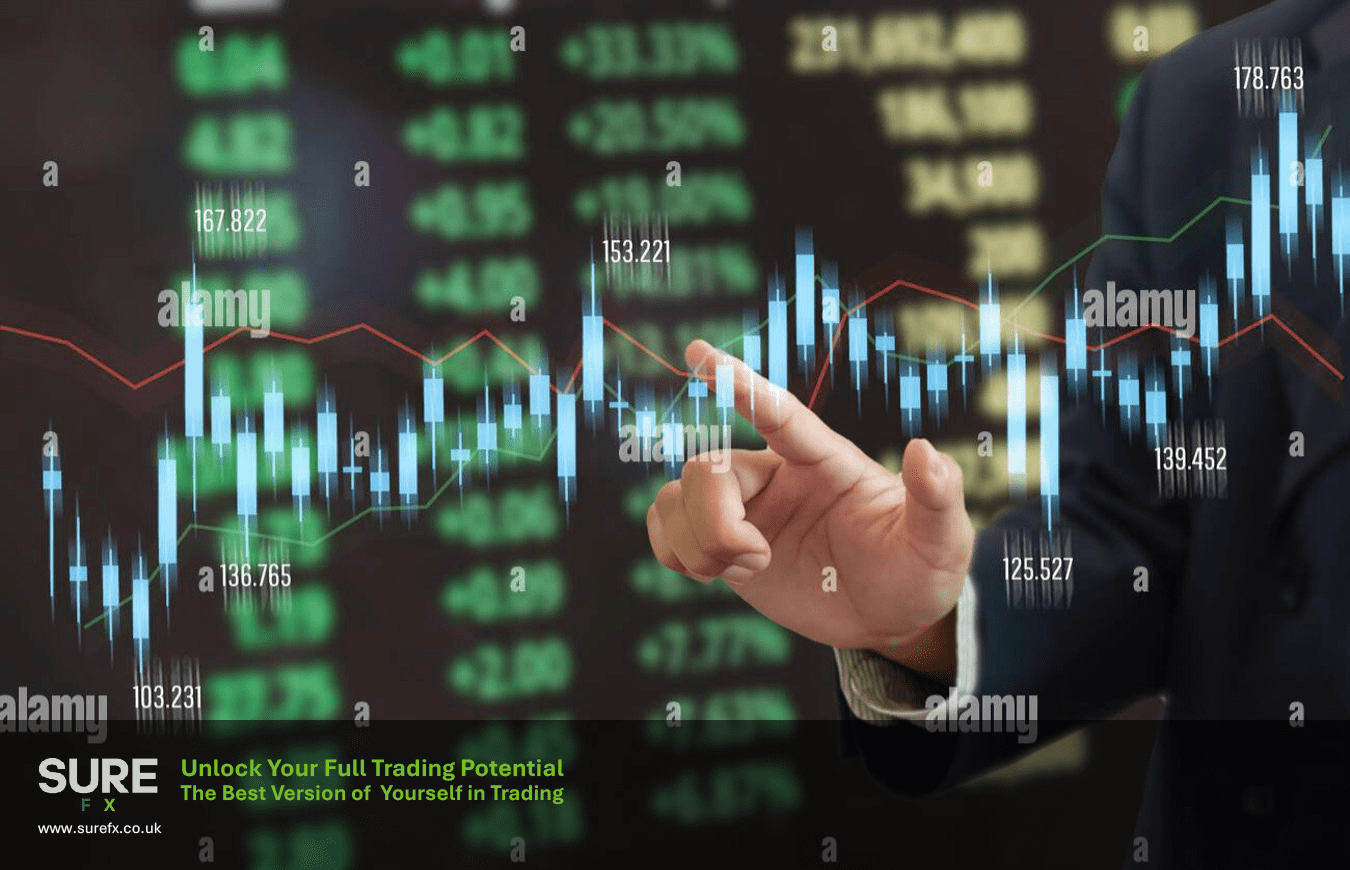- 0203 633 8089
- Info@surerfx.co.uk
- London, United Kingdom
O
n Monday, NVIDIA briefly surpassed Apple as the world’s most valuable company, holding this position for much of the trading day on the Nasdaq. The chipmaker’s market capitalization surged to $3.38 trillion, surpassing Apple by approximately $30 billion. Each of NVIDIA’s roughly 24.5 billion shares was priced at $137.96, reflecting a 1.9% increase. In contrast, Apple’s market value dropped slightly, as its 15.2 billion shares fell by 0.40% to $221.98 each, bringing its total market cap down to about $3.35 trillion.
By the close of trading, Apple had regained its top spot, ending the day with a market capitalization of $3.35 trillion, while NVIDIA’s market value stood at $3.33 trillion. This fluctuation in company values highlights the dynamic nature of the forex trading market, where such shifts can often influence broader currency exchange market trends, especially in tech-heavy indices.

NVIDIA’s recent surge was fuelled by its inclusion in the Dow Jones Industrial Average, announced last week by S&P Dow Jones Indices. The move came as a result of NVIDIA’s growing role in the semiconductor industry, with the firm seen as providing more comprehensive exposure to the sector compared to Intel, which it replaced in the index. For investors tracking market movements, this kind of event is often closely analysed on a forex trading platform to understand the impact on broader economic indicators and currency fluctuations.
This development also highlights the irony of NVIDIA’s rise, as Intel’s struggles with its Xeon Phi co-processors and 7nm process technology issues allowed NVIDIA to dominate the AI supercomputing market. Intel’s exit from the space left NVIDIA as the dominant provider of accelerators for machine learning applications—something closely watched by both tech investors and those monitoring the forex trading chart for any indirect effects on tech-related stocks and currencies.
In other news, U.S. Treasury yields fell on Monday as traders adjusted their positions ahead of Tuesday’s presidential election. This shift was partly influenced by a new poll showing Democratic candidate Kamala Harris with a surprising lead over Republican candidate Donald Trump in Iowa. Such political developments often drive volatility in the currency exchange market, with traders using forex trading platforms to adjust their portfolios in response to changing expectations.
